Gastarbeiter 2.0
13 Apr - 16 Jun 2024
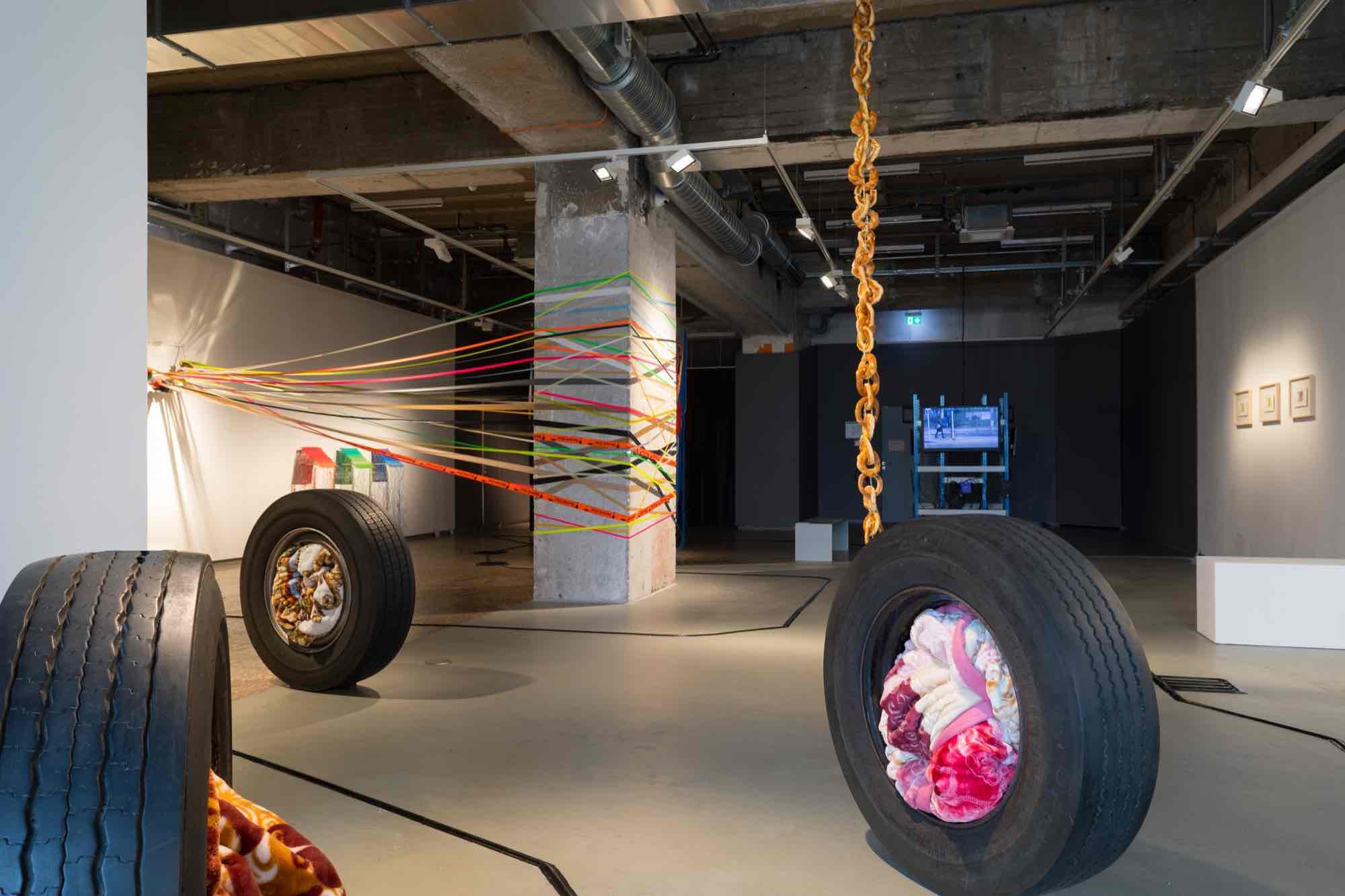
Gastarbeiter 2.0, neue Gesellschaft für bildende Kunst (nGbK), installation view. Photo: Benjamin Renter
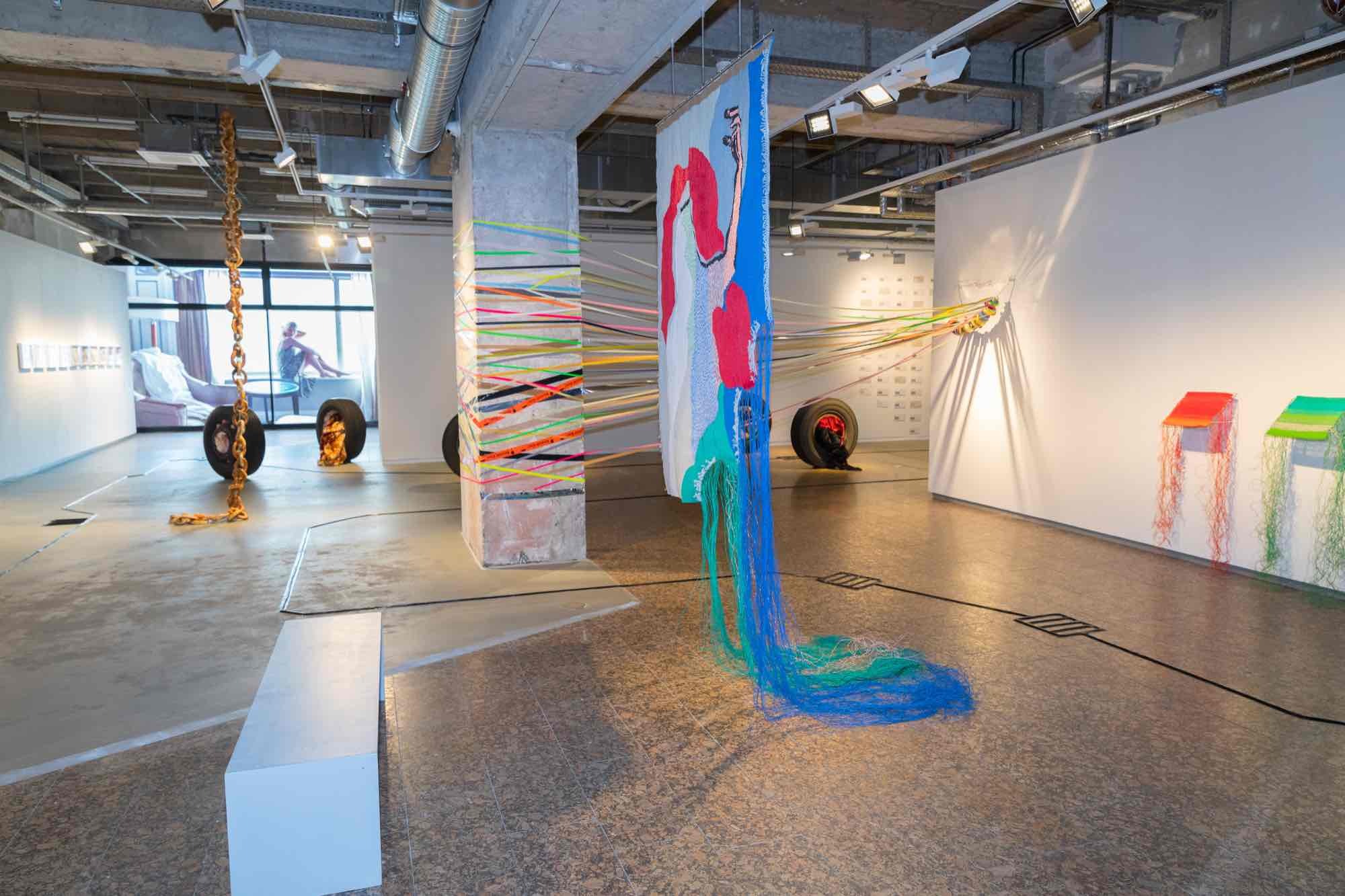
Gastarbeiter 2.0, neue Gesellschaft für bildende Kunst (nGbK), installation view. Photo: Benjamin Renter
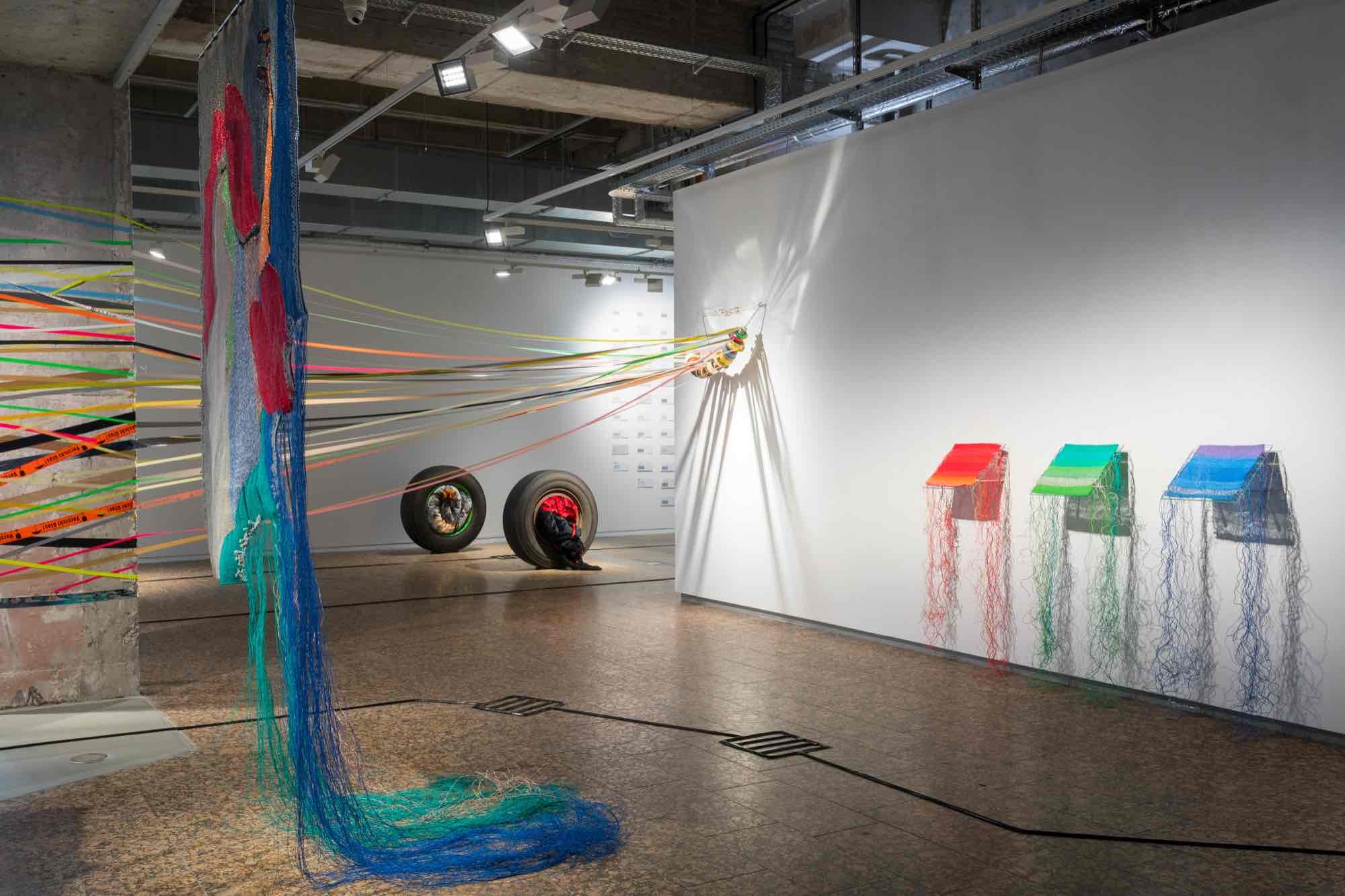
Gastarbeiter 2.0, neue Gesellschaft für bildende Kunst (nGbK), installation view. Photo: Benjamin Renter
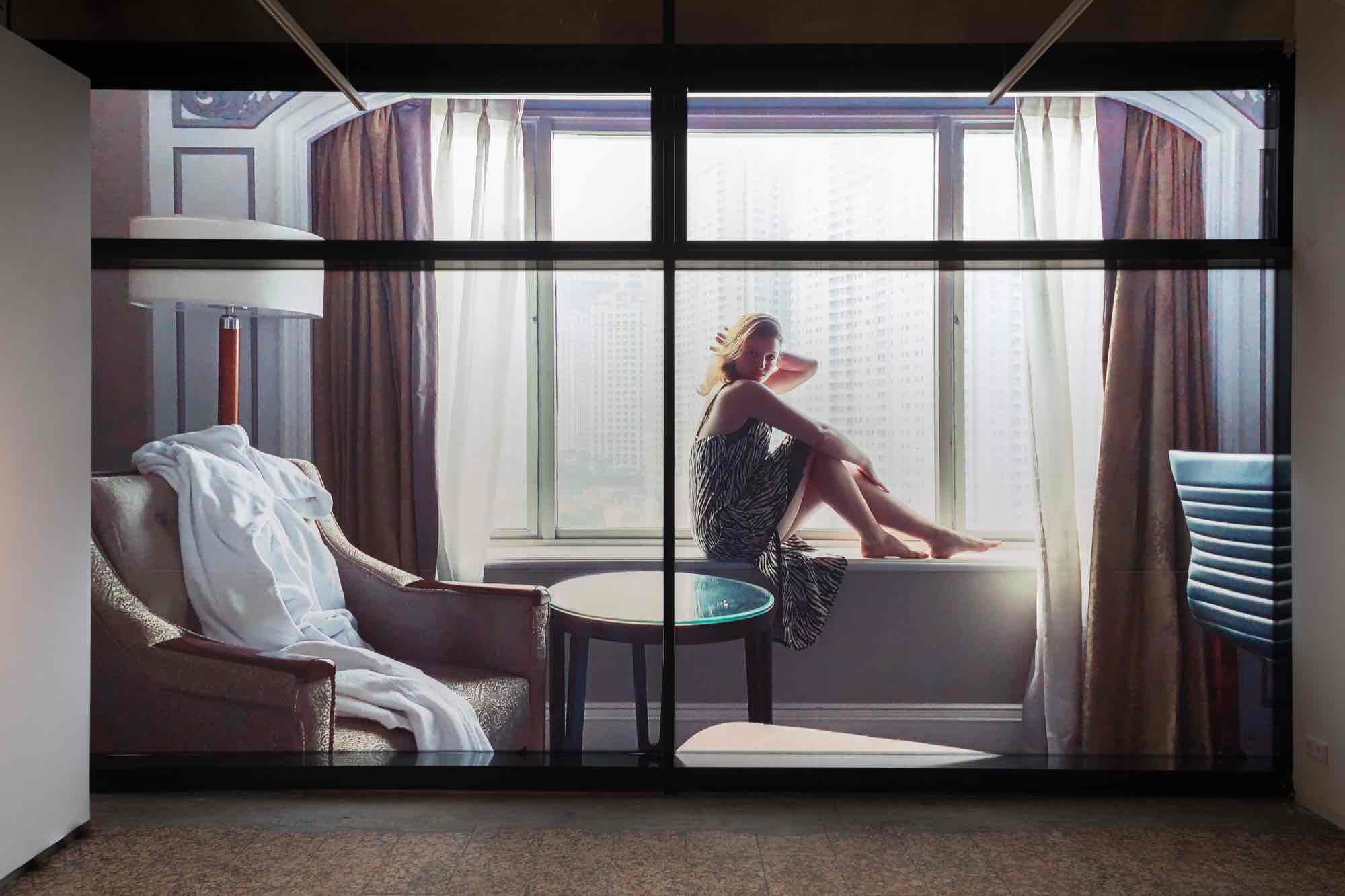
Gastarbeiter 2.0, neue Gesellschaft für bildende Kunst (nGbK), installation view. Photo: Benjamin Renter
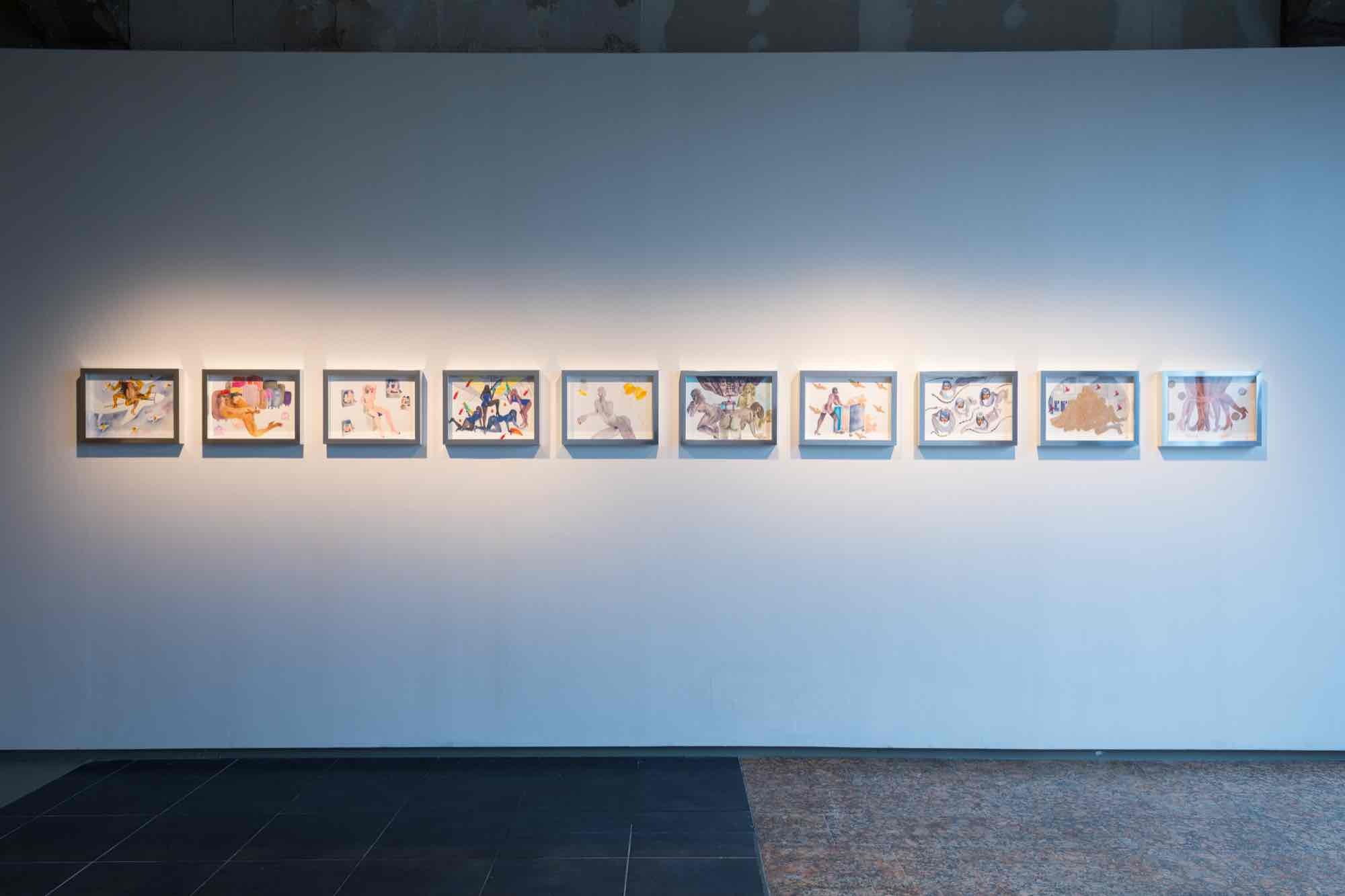
Gastarbeiter 2.0, neue Gesellschaft für bildende Kunst (nGbK), installation view. Photo: Benjamin Renter
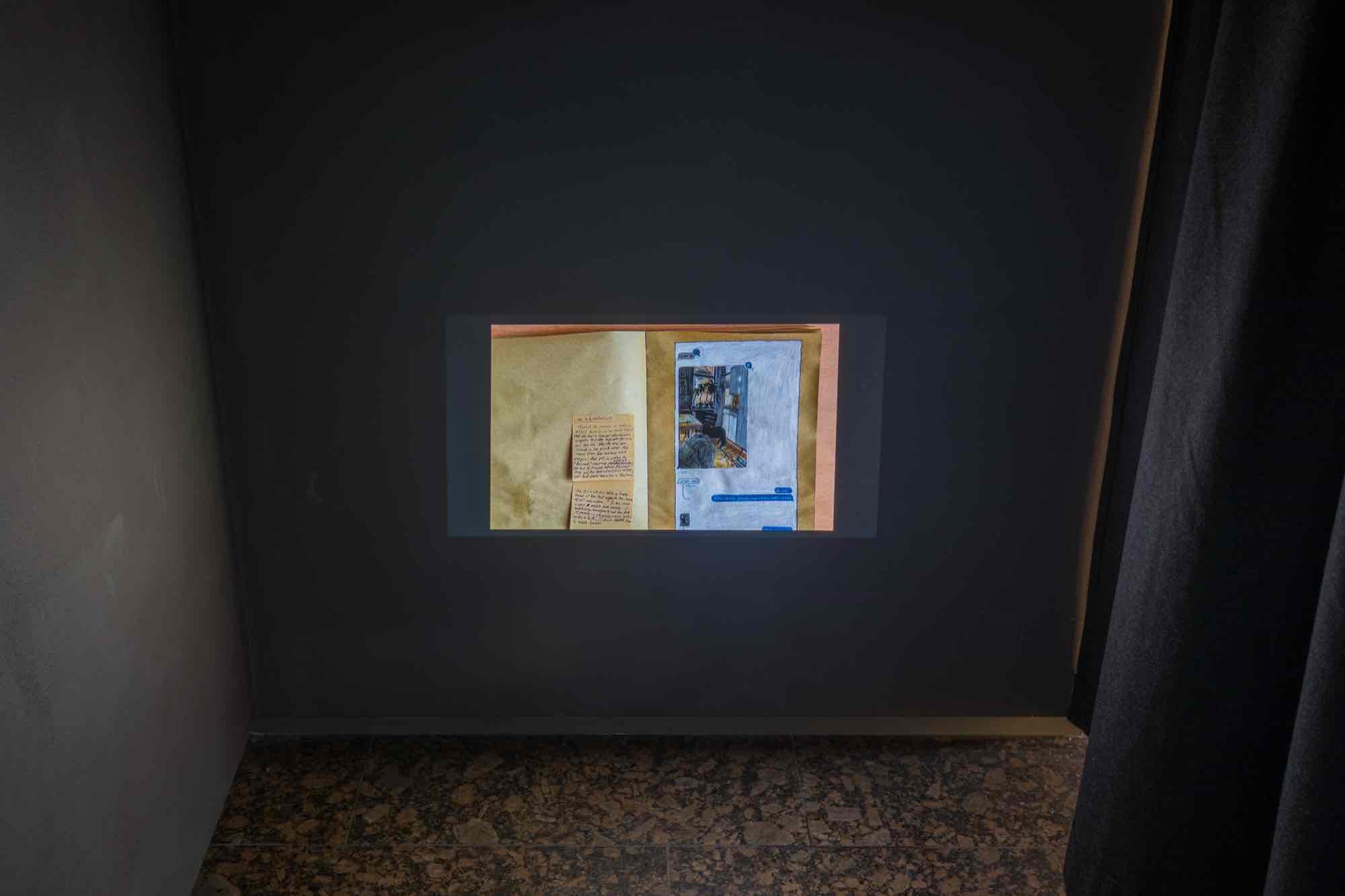
Gastarbeiter 2.0, neue Gesellschaft für bildende Kunst (nGbK), installation view. Photo: Benjamin Renter
Gastarbeiter 2.0: Arbeit Means Rad opens at nGbK am Alex on April 12. A multimedia exhibition, a publication, and a program of accessible outreach events explore migration, working conditions, and class between Germany and the former Yugoslavia. Based on the experiences and activities of twelve artists from the former Yugoslavia, who live there, in Germany, or between the two regions, Gastarbeiter 2.0 opens up a space for a recontextualization of the guestworker topos, offering postcolonial, post-migrant, and feminist views on these phenomena. While the title itself refers to the former program of temporary migrant employment in Germany, the subtitle uses wordplay to denote work-migration relations – the German term “Arbeit” and the Bosnian, Croatian, Montenegrian and Serbian term “rad” both mean “labor”.
Gastarbeiter 2.0 is a curatorial project centered on ideas of power-labor relations, migration, and precariousness. It takes a transhistorical look at Germany’s and ex-Yugoslavia’s economic, political, and cultural dependencies. The selected works are organized around four diverging views of the term “Gastarbeiter” and presented through four curatorial nuclei: Transfer, Symbiosis, Alienation, and Body.
The exhibition will be accompanied by a rich program of guided tours in German, English and Bosnian-Croatian-Montenegrin-Serbian (BCMS), performances, a workshop, and a transdisciplinary publication. The outreach program takes accessibility as its main focus, offering guided tours for signers by and for the deaf and hearing impaired (German Sign Language), the blind and partially sighted, and in Leichte Sprache (easy language).
Artists: Kemil Bekteši, Jelena Fužinato, Alma Gačanin, Adrijana Gvozdenović, Nadežda Kirćanski, Siniša Labrović, Dejan Marković, Nikoleta Marković, Mila Panić, Amir Silajdžić, Bojan Stojčić, and Jelena Vukmanović
Gastarbeiter 2.0 is a curatorial project centered on ideas of power-labor relations, migration, and precariousness. It takes a transhistorical look at Germany’s and ex-Yugoslavia’s economic, political, and cultural dependencies. The selected works are organized around four diverging views of the term “Gastarbeiter” and presented through four curatorial nuclei: Transfer, Symbiosis, Alienation, and Body.
The exhibition will be accompanied by a rich program of guided tours in German, English and Bosnian-Croatian-Montenegrin-Serbian (BCMS), performances, a workshop, and a transdisciplinary publication. The outreach program takes accessibility as its main focus, offering guided tours for signers by and for the deaf and hearing impaired (German Sign Language), the blind and partially sighted, and in Leichte Sprache (easy language).
Artists: Kemil Bekteši, Jelena Fužinato, Alma Gačanin, Adrijana Gvozdenović, Nadežda Kirćanski, Siniša Labrović, Dejan Marković, Nikoleta Marković, Mila Panić, Amir Silajdžić, Bojan Stojčić, and Jelena Vukmanović
